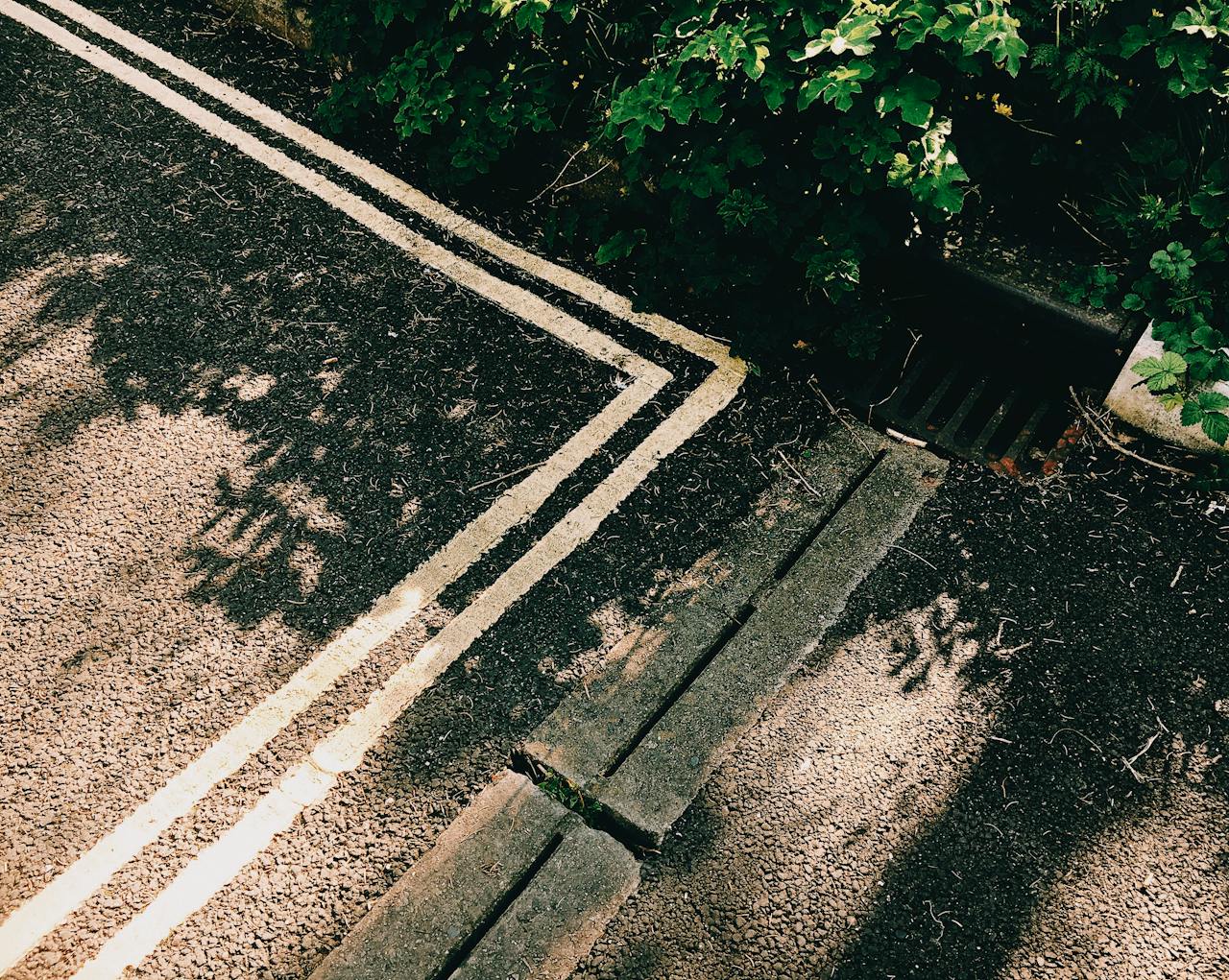In busy commercial areas like Miami-Dade and Broward, the details of a property’s design often determine how safe, functional, and visually appealing it is. One feature that’s often overlooked—but plays a crucial role—is the curb and gutter system. Whether you manage a shopping plaza, an industrial facility, or an office complex, proper curb and gutter work is essential to preserving pavement integrity, improving drainage, and maintaining a professional appearance.
The Purpose of Curbs and Gutters
Curbs and gutters aren’t just aesthetic features. Together, they form a critical component of a property’s stormwater management system. Curbs provide a physical boundary between pavement and landscaping, while gutters channel rainwater into drains and away from your lot. In South Florida’s subtropical climate, where heavy rain is frequent, these systems protect asphalt and concrete surfaces from erosion, pooling, and premature damage.
Why They Matter for Commercial Properties
Commercial parking lots and driveways endure more wear and tear than residential ones. Heavy delivery trucks, daily customer traffic, and unpredictable weather make proper water control essential. Without functioning curbs and gutters, water seeps into cracks, weakens the base layer, and causes potholes, surface deterioration, and structural failures. Over time, this neglect can lead to expensive repairs and safety hazards.
Well-built curb and gutter systems offer several advantages:
- Efficient drainage: Keeps water from collecting in high-traffic zones and reduces hydroplaning risk.
- Property protection: Prevents flooding around building foundations, entrances, and landscaping.
- Longer pavement life: Reduces cracking and erosion caused by standing water.
- Professional appearance: Defines parking areas, improves curb appeal, and enhances accessibility.
- Code compliance: Meets local drainage and stormwater management standards in Miami-Dade and Broward.
Materials and Design Options
Most commercial curbs and gutters are constructed from reinforced concrete for strength and durability. Depending on the property, designs may include:
- Integral curb and gutter: Built together as one continuous unit, ideal for large parking lots.
- Barrier curbs: Common in retail centers, they provide protection for pedestrians and landscaping.
- Mountable curbs: Often used in industrial settings where truck access is frequent.
- Valley gutters: Designed to handle heavy runoff in wide driveways and loading areas.
Each type has specific drainage benefits, so a qualified contractor will evaluate your site’s slope, elevation, and traffic flow to recommend the right solution.
Common Signs Your Property Needs Curb or Gutter Repairs
- Pooling water after rainstorms.
- Cracked or crumbling concrete near edges.
- Erosion or washout around landscaped areas.
- Faded striping or undefined boundaries between drive lanes and sidewalks.
- Uneven surfaces that cause puddling or trip hazards.
Prompt repair not only prevents bigger issues but also keeps your property looking professional and compliant with ADA accessibility guidelines.
The Value of Professional Installation
Installing or repairing curbs and gutters requires precision. The slope must be engineered to direct water flow properly, and the materials need to withstand constant exposure to moisture and Florida’s heat. Local contractors in Miami-Dade and Broward understand regional regulations, drainage patterns, and soil conditions. They use durable materials and laser grading to ensure long-term performance and code compliance.
Curb Appeal and First Impressions
For commercial properties, first impressions matter. Clean, properly installed curbs define your lot’s layout, guide traffic safely, and enhance landscaping. Whether your business welcomes customers daily or operates a logistics hub, professional curb and gutter work reflects attention to detail and care — qualities clients and tenants notice.
FAQs About Commercial Curb and Gutter Work
How often should curbs and gutters be inspected?
At least once a year, ideally before and after Florida’s rainy season, to catch cracks or drainage issues early.
Can damaged gutters cause flooding in parking lots?
Yes. Clogged or broken gutters prevent proper runoff, leading to standing water and structural damage.
Do I need a permit for new curb and gutter installation in Miami-Dade or Broward?
Most commercial projects require county approval to ensure compliance with local stormwater management and ADA standards.
What material lasts longest for curbs and gutters?
Reinforced concrete is preferred for commercial use due to its strength, longevity, and resistance to weathering.
Can curbs be replaced without redoing the entire parking lot?
Yes, curbs and gutters can be replaced independently if the surrounding pavement is still stable.
How long does installation take for an average commercial lot?
Most projects are completed within 2–5 days, depending on size, layout, and weather conditions.
What maintenance helps extend their lifespan?
Regular cleaning, sealing joints, repairing cracks promptly, and ensuring proper drainage prevents costly damage over time.
